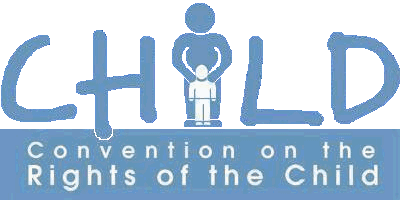The UNCRC
The UN Convention on the Rights of the Child

In 1989, governments worldwide promised all children the same rights by adopting the UN Convention on the Rights of the Child (CRC). These rights are based on what a child needs to survive, grow, participate and fulfil their potential. They apply equally to every child, regardless of who they are, or where they are from.
Human rights are founded on respect for the dignity and worth of each individual, regardless of race, gender, language, religion, opinions, wealth or ability and therefore apply to every human being everywhere.
The Convention recognises the human rights of children, defined as any person under the age of 18. It is the only international human rights treaty which includes civil, political, economic, social and cultural rights. It sets out in detail what every child needs to have for a safe, happy and fulfilled childhood.
The CRC is the most complete statement of children’s rights ever produced and is the most widely-ratified international human rights treaty in history. It enshrines specific child rights in international law, defining universal principles and standards for the status and treatment of children worldwide.
The Convention spells out a specific role for UNICEF, in its capacity as the UN body responsible for the rights of children. UNICEF is required to promote the effective implementation of the Convention and to encourage international cooperation for the benefit of children.
All UN member states except for the United States and Somalia have now formally approved the Convention. The UK signed it on 19 April 1990 and ratified it on 16 December 1991. It came into force in the UK on 15 January 1992.
